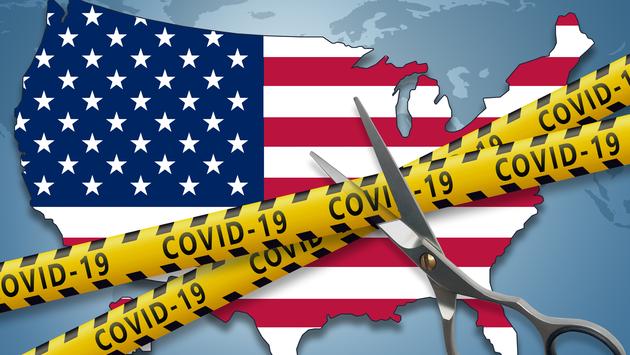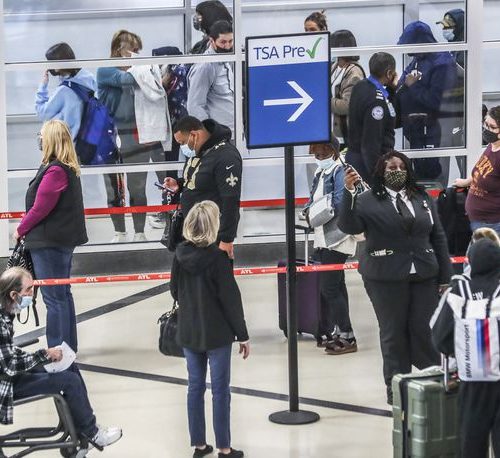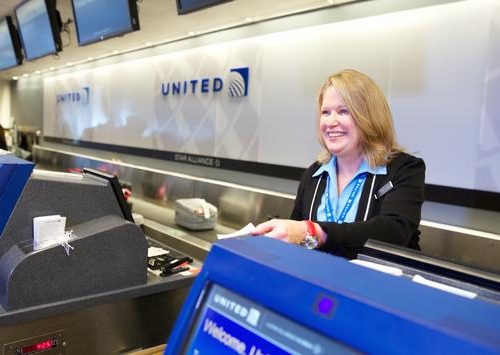LACEY PFALZ | TravelPulse.Com
Troy Warren for CNT #Travel #COVID-19
The World Health Organization (WHO) issued a new travel advisory November 30, recommending individuals older than 60 and people with certain health conditions to postpone their travel plans for the near future due to the Omicron variant of COVID-19.
The WHO amended its advice on international travel on November 30, adding a statement saying individuals who are unvaccinated, older or at-risk for severe complications from COVID-19 should postpone their travel.
“Persons who are unwell, or who have not been fully vaccinated or do not have proof of previous SARS-CoV-2 infection and are at increased risk of developing severe disease and dying, including people 60 years of age or older or those with comorbidities that present increased risk of severe COVID-19 (e.g. heart disease, cancer and diabetes) should be advised to postpone travel to areas with community transmission,” said the WHO’s amended statement.
The WHO also advised against a travel ban, instead saying, “Blanket travel bans will not prevent the international spread, and they place a heavy burden on lives and livelihoods. In addition, they can adversely impact global health efforts during a pandemic by disincentivizing countries to report and share epidemiological and sequencing data.”
The Omicron variant, which was discovered on November 24, 2021, is the newest COVID-19 variant to gain widespread attention around the globe, prompting swift travel bans on international travel between southern Africa, its region of origin, and the rest of the world.
It is too soon to know how far the Omicron variant has already spread; researchers across the globe are sequencing local populations’ test results for the variant. Others are working to find out how effective our approved vaccines are on the variant, while others still are researching how this variant differs in comparison to the other variants.
“It may not be worse than Delta. It may actually have some silver lining…Clinical disease may be less severe with this variant,” Dr. George Rutherford, a professor at UCSF’s School of Medicine, said in an interview with NBC Bay Area.
But as of right now, precautions are growing across the world. The United Kingdom changed its entry requirements November 30, mandating COVID-19 tests and self-isolation for all international travelers. That same day, a report found that the Biden administration might make entry requirements for international travelers stricter, imposing a mandatory quarantine period and retesting measures.
In Other NEWS



































